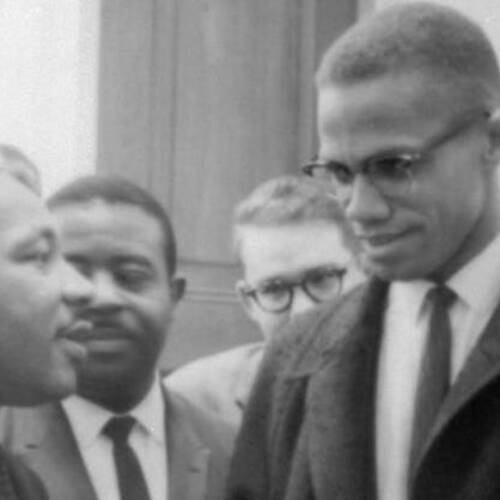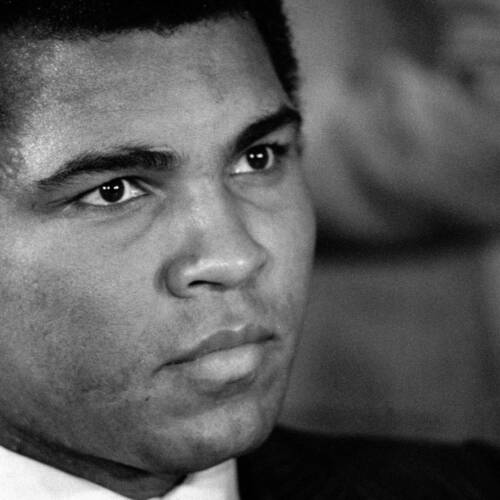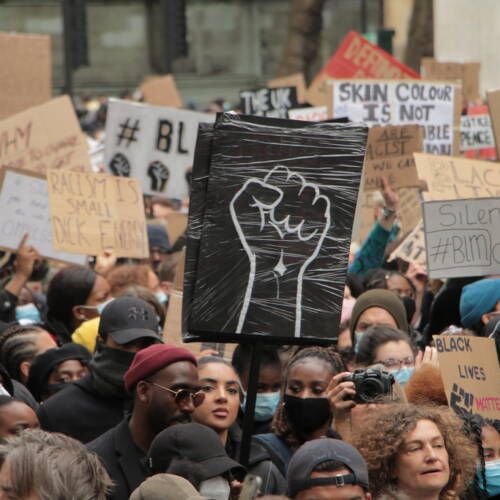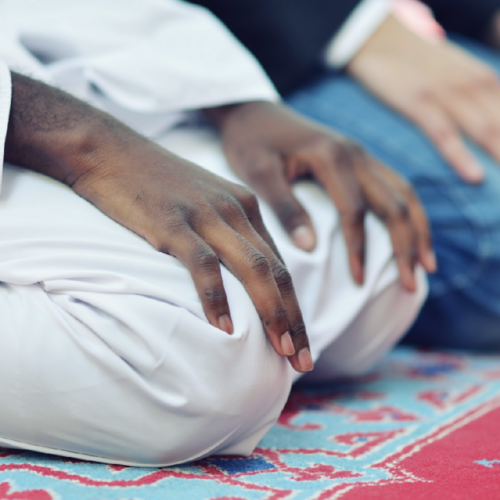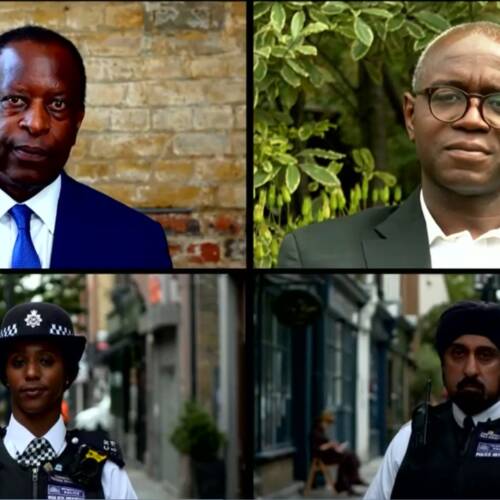
Survey Finds That Many Black Muslims Do Not Feel Belonging in Their Local Muslim Communities
02 Jun 2020In these days, the topic of race seems ever-present. Whether it is due to the disproportionate number of black and minority ethnic (BAME) deaths due to the coronavirus, or the on-going protests in the US over the killing of a black man by a white police officer, consciousness surrounding the topic of racism is rising. While such topics are often framed as Black-White or Muslim-Non-Muslim, anti-black racism among Muslim communities remains an under-addressed issue.
It is with this in mind that the Black Muslim Forum has interviewed 100 Black Muslims from the UK, touching upon their life in their local Muslim communities and experiences of racism. The results show that the majority of the participants do not feel belonging to local mosques, Islamic societies or the wider British Muslim community. Many have also experienced racism, discrimination and colourism. The group suggested that awareness of racial discrimination needs to be raised among Muslims.
100 self-identified Black Muslims were surveyed
The survey by the Black Muslim Forum was intended to raise awareness on cases of racism taking place among Muslims, as the group feels that many of the questions around racial discrimination have been focused on blacks and whites. While understandable, the group said that anti-black racism, which developed in the Islamic world during medieval times, continue to this day. Black Muslims are targets of not only Islamophobia and racism from outsiders, but also racism from within their own communities.
“While the general Muslim ummah is efficient in identifying the islamophobia inflicted upon the community by foreign international forces, the same is not true for the racism that lies within. The issue when brought up is often ignored, belittled and in many cases arouses anger blaming the expression of such issues as divisive and hostile.”
To this end, the survey targeted 100 self-identified Black Muslims and were conducted between June and December 2019. They therefore do not take into account the many developments that took place over the course of 2020. The questions focused on feelings of belonging and experiences in discrimination.
The relatively small sample size also means a general conclusion on the matter of race in Islamic communities cannot be reached. Similarly, the sample group did not account for ethnicity, gender, age or location, limiting the conclusions that can be reached.
Nevertheless, the survey gives a glimpse of a problem that is worth investigating further.
Many participants say they don’t feel belonging to their local mosque or Islamic society
The results of the survey found that 53.95% of participants felt that they generally did not belong to their local mosque. An even greater, 84% of participants felt that they did not feel a sense of belonging to their university’s Islamic society. 63.41% also said that they did not feel belonging to the wider British Muslim community. Participants said that they were often stared at or made to feel unwelcome in other ways. Almost half the participants also said that they were targets of derogatory comments about black stereotypes and even implications that they are not really Muslims. In one notable response, the mosque of one of the participants segregated the worshippers not only by sex, but also by race, requiring black worshippers to pray at the back of the mosque.
Participants added that anti-blackness in the ummah is an under-recognised problem. According to the BMF, the conflation of Arabs or South-East Asians as Muslims has resulted with African Muslims facing erasure while Afro-Caribbean cultural expressions were seen as being inherently haram. Participants say that they were made to feel ashamed of their blackness, and were told by other Muslims to bleach their skin, with the implication that Muslim men would not want to marry darker-skinned women.
Awareness and education are the keys to solving the problem
According to the participants and the BMF, the problem stems from lack of awareness and education. A common suggestion was to increase leadership and role models among black Muslims. They also suggested that religious leaders must specifically outline the sinfulness of racism and colourism and shed light on how prevalent the issue is in the Muslim community. Among the suggestions for education, a common expression was that people should be shown that South-East Asians and Arabs are not the only Muslims and that Black Muslims can keep their cultures where it doesn’t impact the practice of their faith.
According to BMF, these results are unsurprising but still stark in how prevalent anti-blackness is, even among minority groups. The group feels that the experiences exposed by the survey can be used towards further research, and serve as a launching point for teaching better practices.






